Hydration and the Carnivore Diet: A Critical Balance
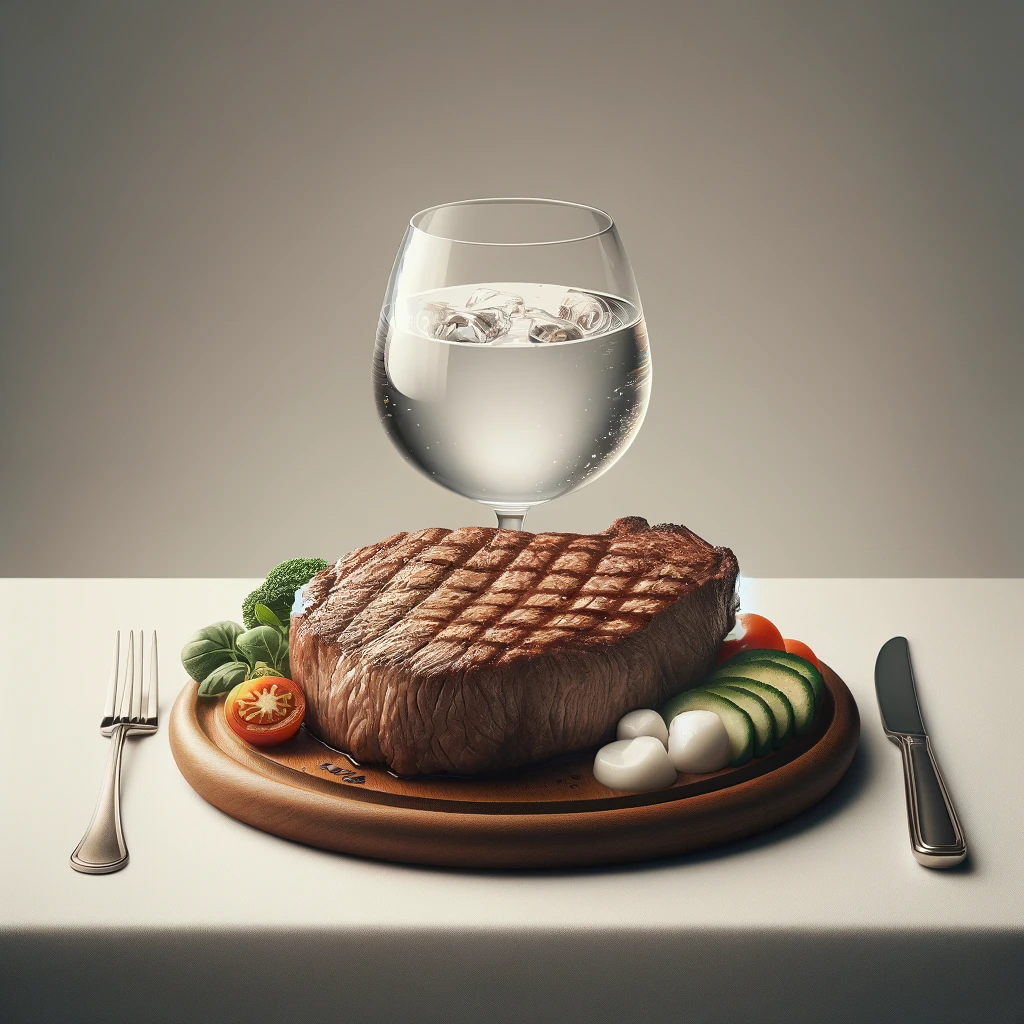
Avoiding Dehydration on a Carnivore Diet
Embarking on a carnivore diet requires more than just a shift in food choices; it necessitates a nuanced understanding of your body’s hydration needs. Unlike diets rich in fruits and vegetables, which inherently contain high water content, a carnivore diet consisting solely of animal products significantly reduces your natural water intake. This lack of inherent hydration makes it crucial to consciously maintain adequate water consumption.
Understanding Electrolyte Balance
Water isn’t the only critical component of hydration; electrolyte balance plays an equally important role. On a carnivore diet, your body undergoes significant changes in how it processes nutrients and manages electrolytes like sodium, potassium, and magnesium. Since this diet is often higher in protein and fat, it can lead to increased water loss through urine, necessitating not only more water but also a careful balance of electrolytes to prevent issues such as muscle cramps, fatigue, and more severe complications like hyponatremia.
The Impact of Protein on Hydration
Protein-rich diets, such as the carnivore diet, require more water for metabolism and excretion of byproducts. As your body breaks down protein, it produces urea, a compound that requires water to be processed and excreted by the kidneys. Insufficient water intake can strain the kidneys and lead to dehydration. It’s essential to increase your water intake proportionally to your protein consumption.
Signs of Dehydration to Watch For
On a carnivore diet, it’s vital to be aware of the signs of dehydration, which can be more subtle than on a mixed diet. These signs include:
- Dry mouth and thirst
- Dark-colored urine
- Fatigue and dizziness
- Headaches
- Decreased urine output
Recognizing these early signs can help you adjust your water intake before more severe symptoms set in.
Practical Tips for Staying Hydrated
Staying hydrated on a carnivore diet involves more than just drinking water. Here are some practical tips:
- Drink water consistently throughout the day, not just when you’re thirsty.
- Consider adding a pinch of natural, unprocessed salt to your water to replenish sodium lost through a higher protein intake.
- Monitor the color of your urine; it should be a light, straw color.
- Listen to your body’s signals. If you feel symptoms of dehydration, increase your water intake immediately.
Conclusion
Hydration is a key component of the carnivore diet that should not be overlooked. By understanding the unique hydration needs brought on by this diet, and by implementing strategies to maintain a proper balance of water and electrolytes, you can ensure your body functions optimally while enjoying the benefits of this dietary approach. Remember, water is just as crucial as the quality of meat you consume on this journey towards health and wellness.
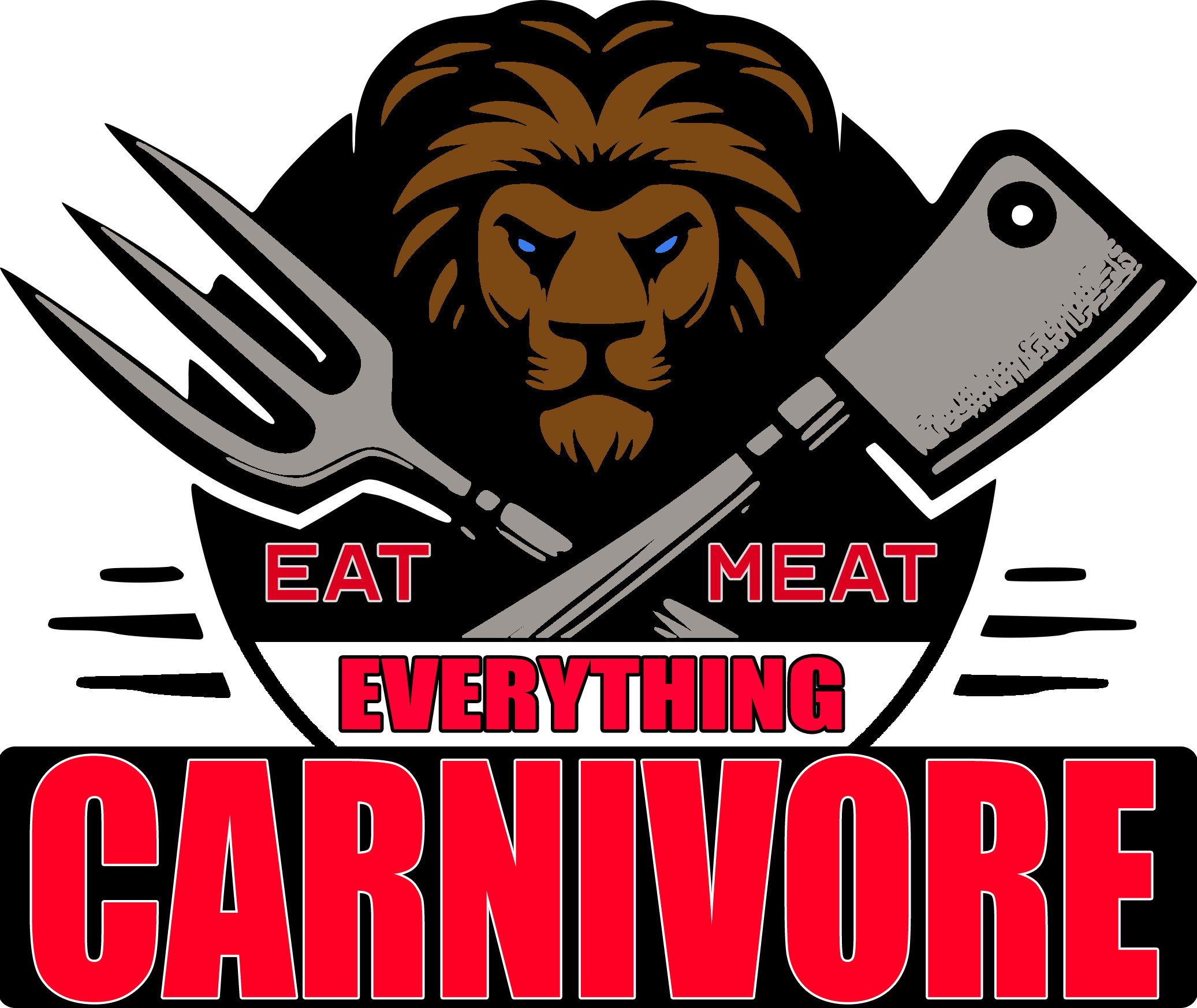
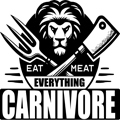

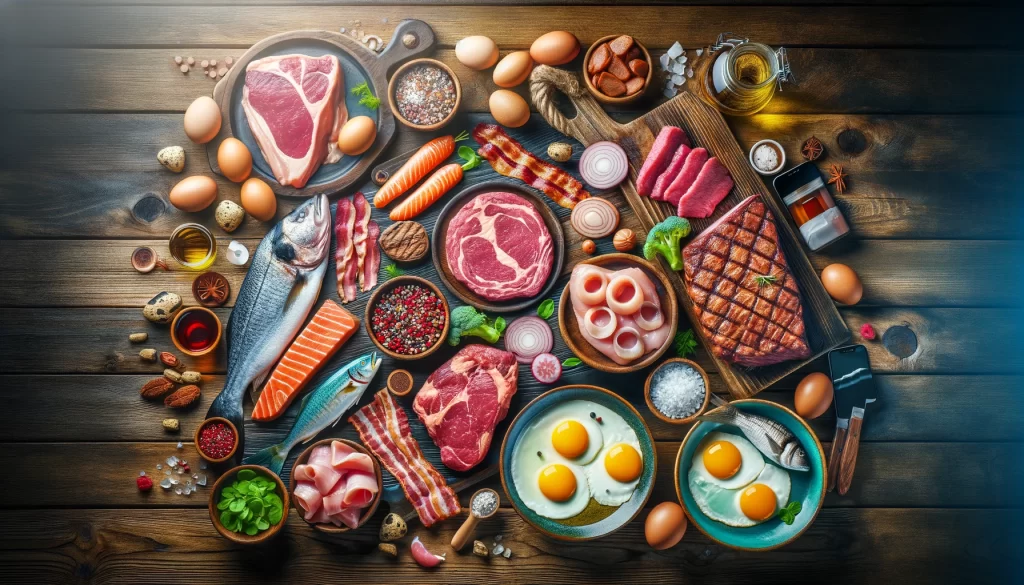
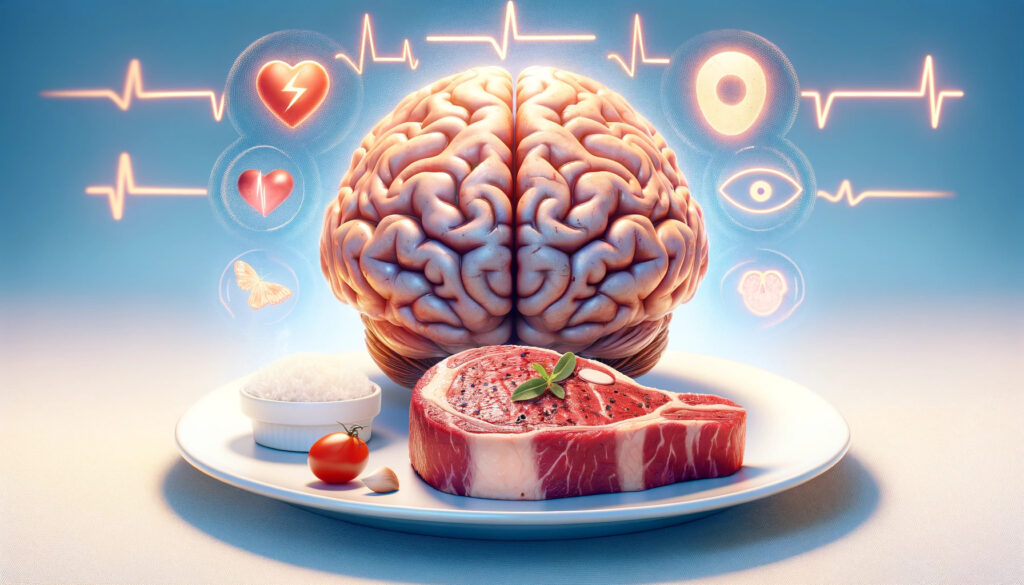
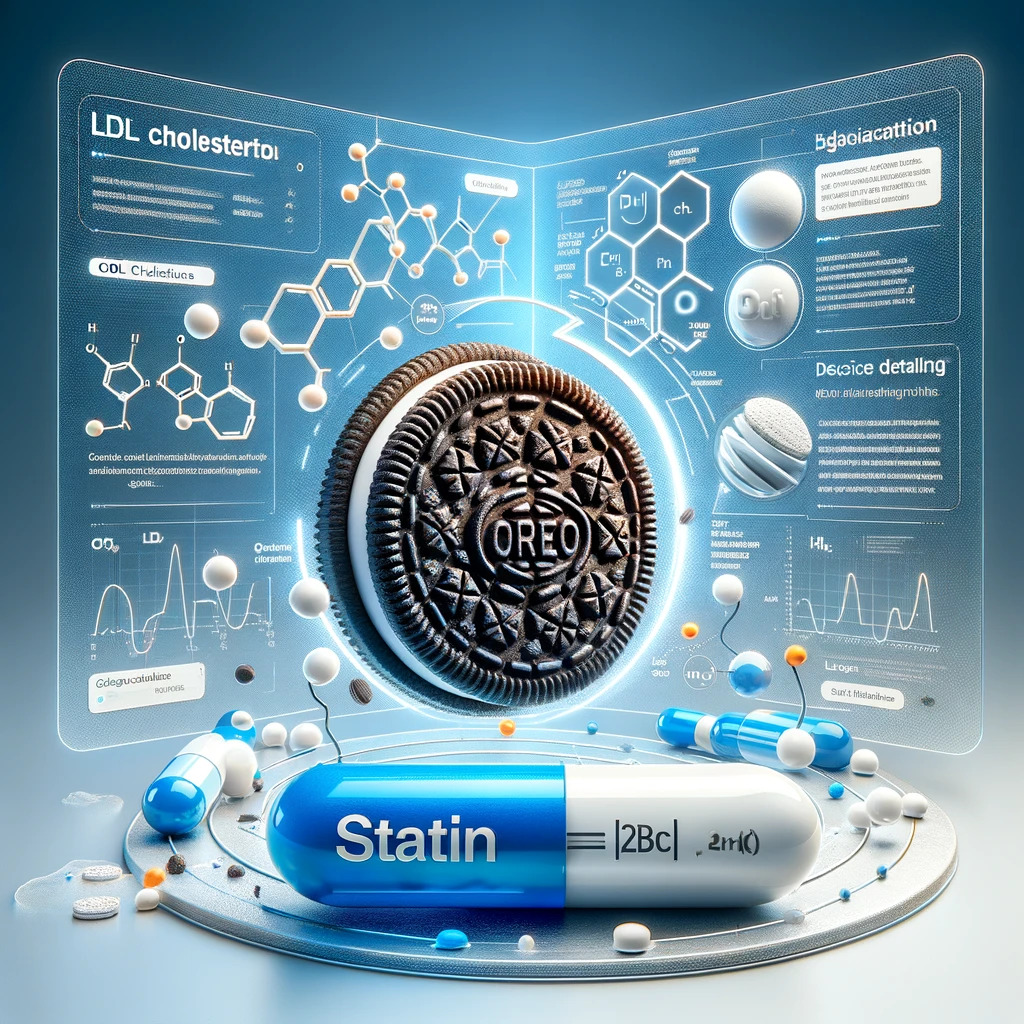
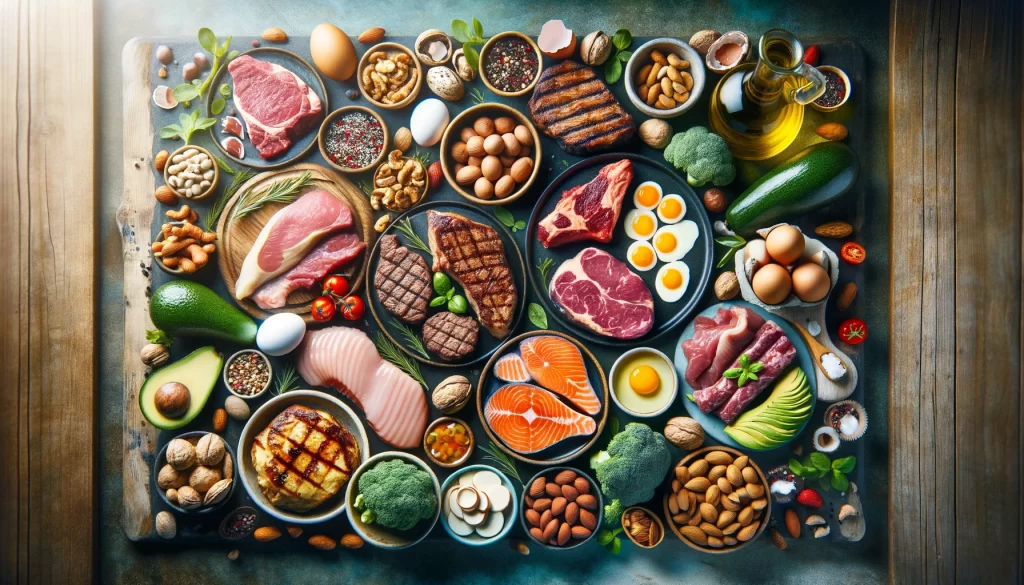
Responses